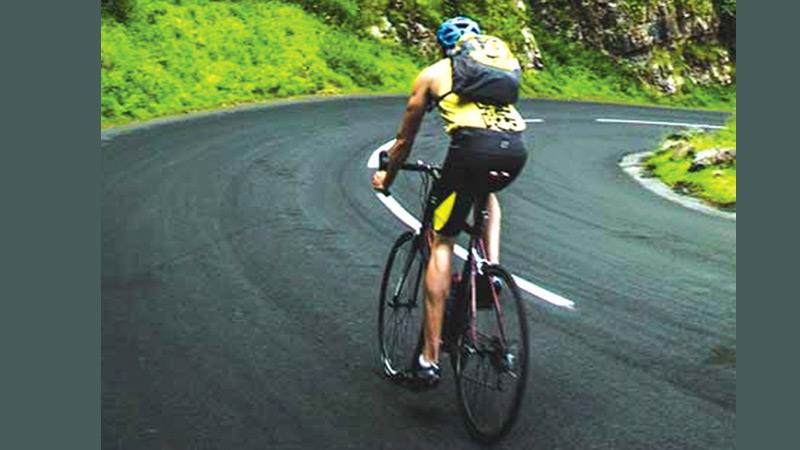
Welcoming the Government’s decision to encourage children to participate in more sports activities, some parents have raised concerns as to how safe it is for their children to take part in sports during the current Covid-19 pandemic.
The Sunday Observer asked Chartered Physiotherapist and Head of Rehabilitation Services MJF Charitable Foundation, Dr Gopi Kitnasamy what sports were safer and what sports were more risky at this time around and guidelines as to how any risks of contracting infection from an infected player could be minimised .
In reply he said that while outdoor sports were safer than the indoor sports and less risky, safety guidelines need to be followed at all times. He said that coaches should consider reducing the size of the team, intensity and duration of the game and maintaining the physical distancing of players and minimising contact.
Schools provide a safe, stimulating and enriching space for children to learn, opportunities for socialisation, access to school-based mental and nutritional health services and opportunities for physical activities. Outdoor sports are safer than the indoor sports and less risky, but safety guidelines need to be followed at all times. The coaches should consider reducing the size of the team, intensity and duration of the game and maintaining the physical distancing of players and minimising contact.
“Sports that require contact or close contact between players are risky at this time. It is better to modify the practices and the activities. They can consider playing in smaller and same groups and not mixing the groups often, reduced intensity and time. The players and coaches can focus on strategies, strengths and weakness, individual skills and planning.”, he suggested.
Asked to comment on the health benefits of outdoor activities in general, he, said, “Outdoor activities form an important part of their life and have long term benefits on their health. Adequate outdoor activity increases health and physical development by improving sensory development, reducing obesity and stimulating blood cells. It helps kids stay fit and active which will benefit them in the long run.
It wards off health problems like obesity and heart ailments later in life. Participation in sports activities improves physical fitness, coordination, and self-discipline, and gives children valuable opportunities to learn about teamwork.” He also advised parents, “Before allowing your child to participate in a contact sport, consider his or her age, maturity, and physical size. Whatever sports your child participates in, ensure that he or she has a foundation of proper technique and movement.”
Risks of Injury
On risks of injury from sports after a long period of lockdown, he cautioned sports authorities, “The risk of injury in returning to sport after long lockdowns and an extended period of reduced physical activity needs to be taken into consideration. The students should adapt a phased and gradual approach to get back to their sports and always follow the advice of their coaches.
This includes a period of warm up at any age. The elevated injury rates in youth sports are likely related to the nature of the games, intensity and duration. Jumping, maximal accelerations and decelerations, rapid changes of direction, and expressions of maximal speed as the players try to outmaneuver each other are inherent in team sports.”
He also said that most sports injuries in children can be prevented. Some of the more effective ways to prevent these injuries “he said were as follows: age-specific coaching, appropriate physical conditioning, and proper use of equipment.
You can also prevent injuries, by encouraging children to train for their sport, rather than rely on the sport to whip them into shape. Coaches should assess the physical activities students were able to do during the lockdown as a starting point for the reintroduction of formalised training”, he said.
